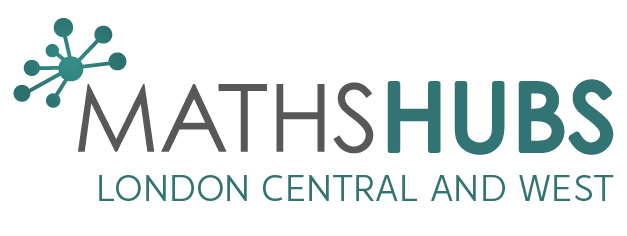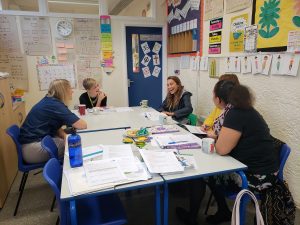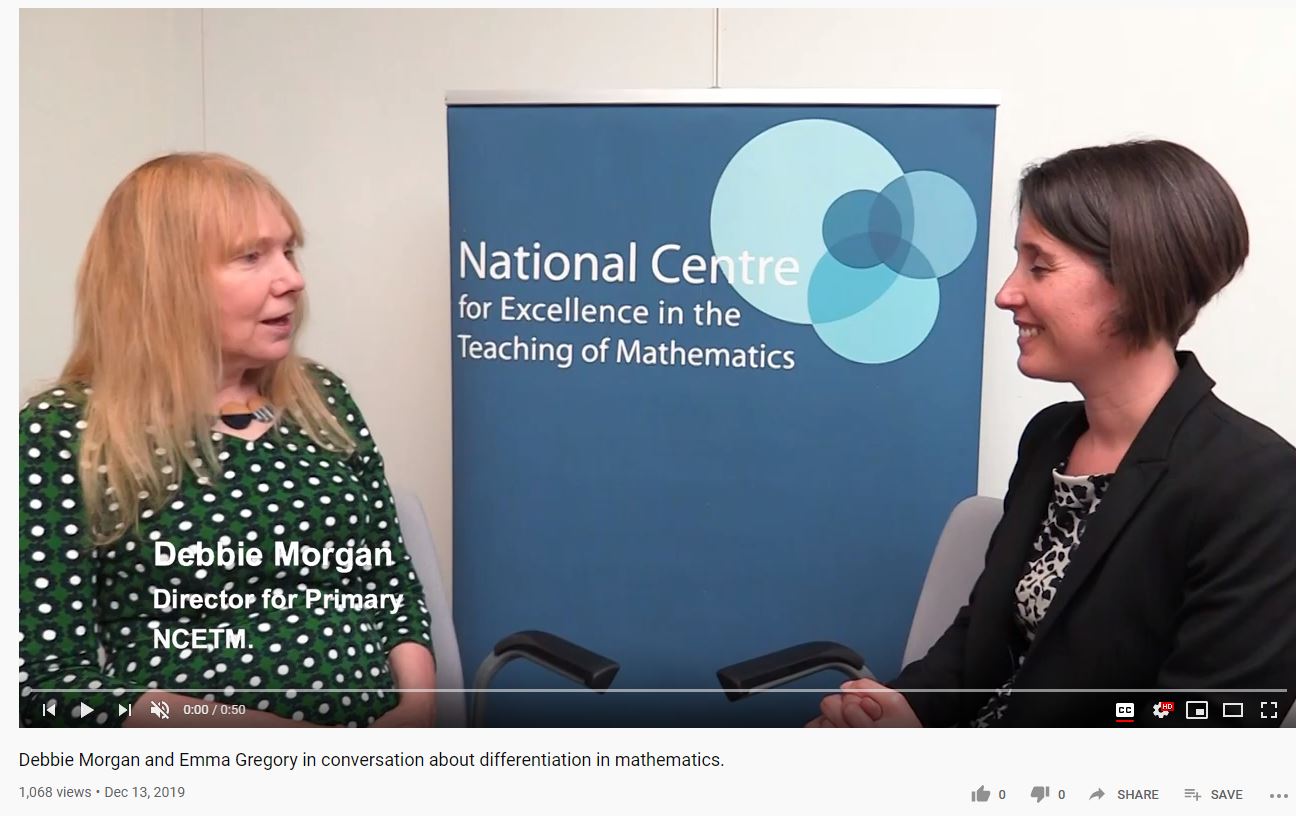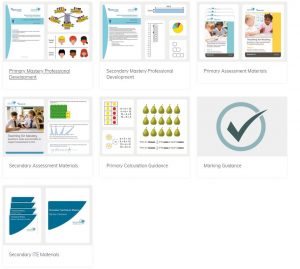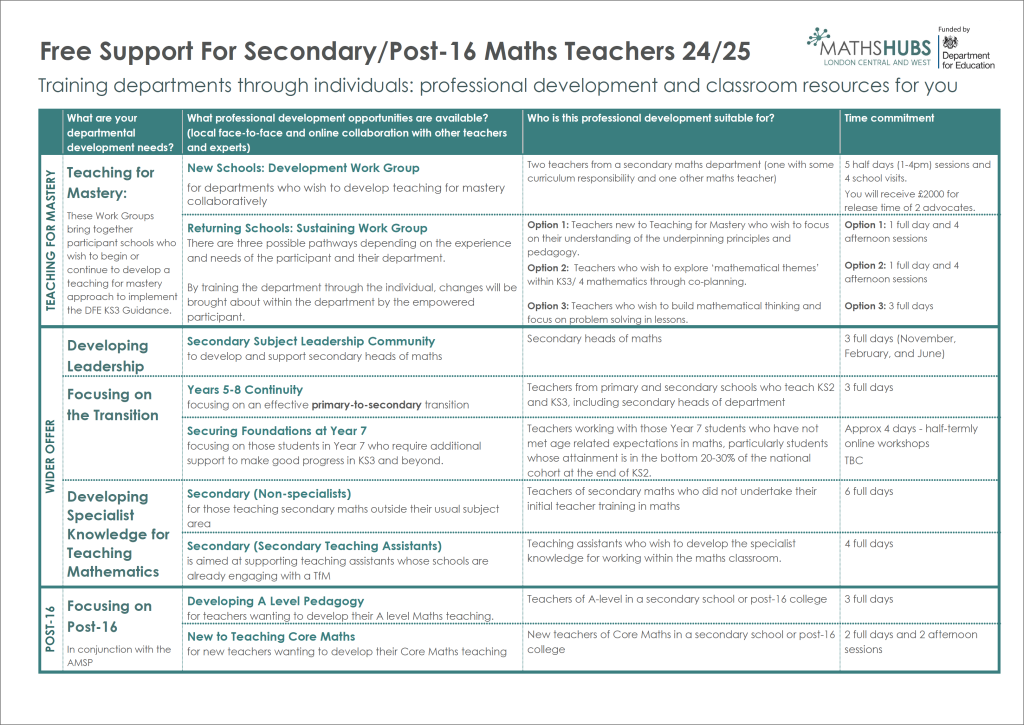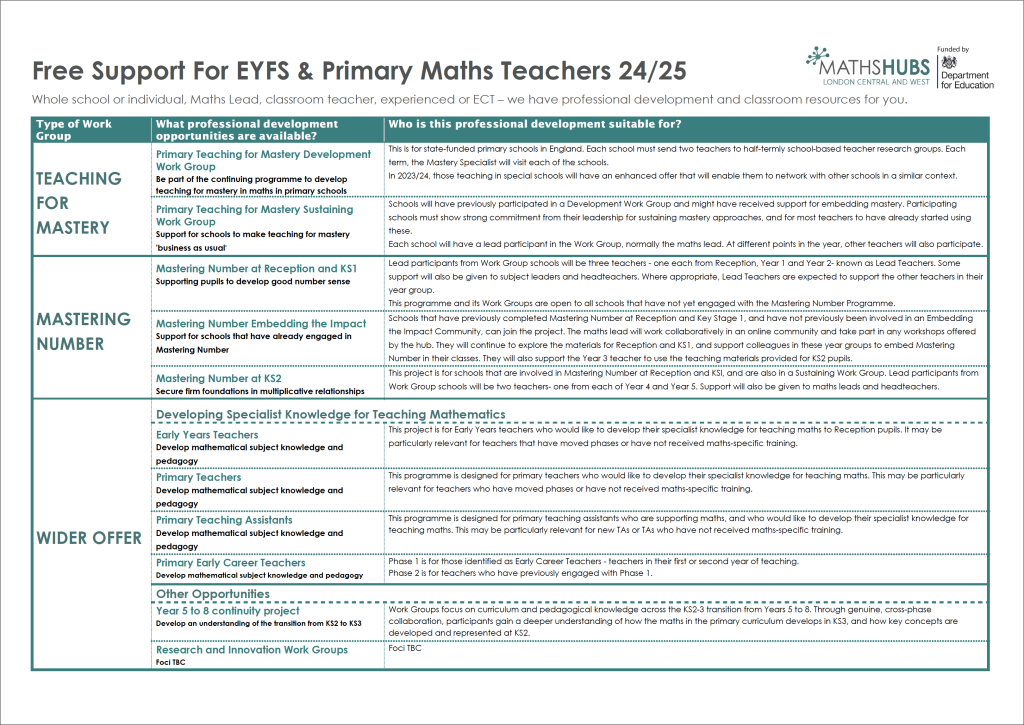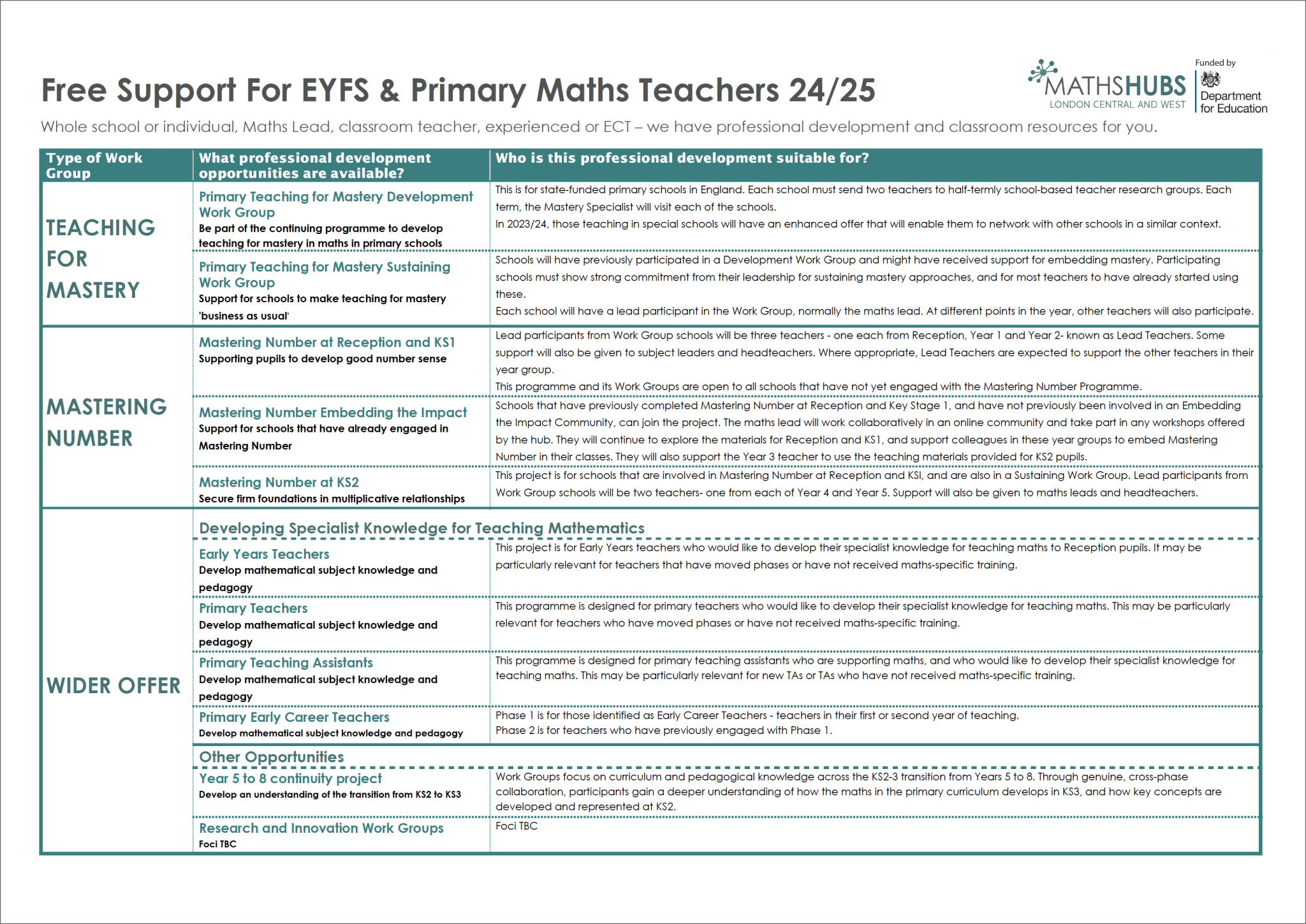Children’s chances of success are maximised if they develop deep and lasting understanding of mathematical procedures and concepts. Our teaching for mastery section explains the rationale for this approach. We also have case studies from schools, and interviews with teachers and heads involved in mastery projects.
Why not explore our resources supporting teaching for mastery? These include materials to help you plan lessons and assess pupils’ understanding. Opportunities for you and your colleagues to collaborate with others on teaching for mastery are also always available through your local Maths Hub.
The NCETM and the Teaching for Mastery Programmes all look at the 5 Big Ideas of Mastery (see picture below):
Mastery Opportunities – How to get involved
If you want to develop mastery in your classroom and support others to do the same, we have CPD for you. Explore our opportunities to join a Work Group or become a Mastery Specialist, available for both primary and secondary teachers. You can go to Work Groups 2019-20 on London Central and West’s Website and go to the Primary or Secondary tabs. You can also click below at the links on the NCETM website
